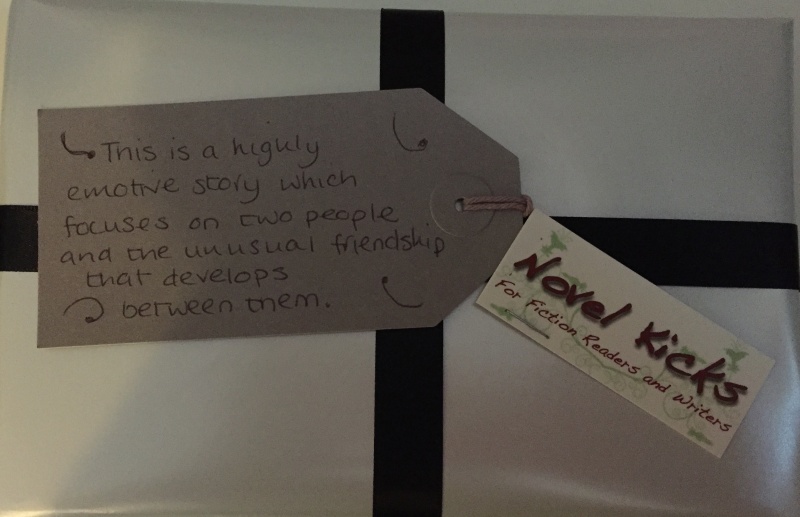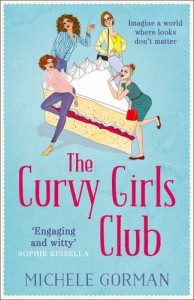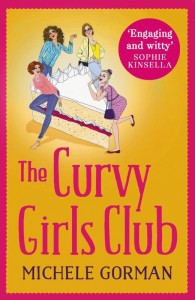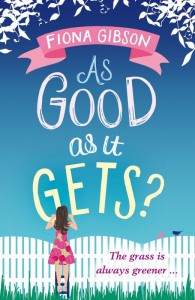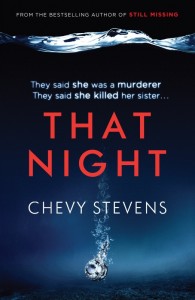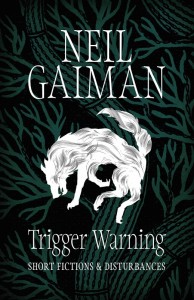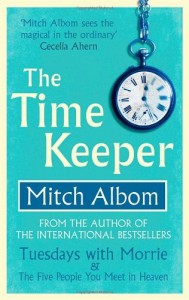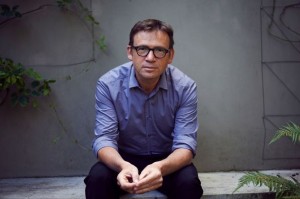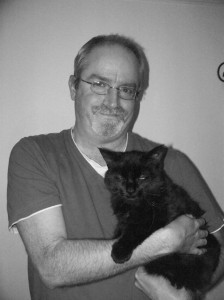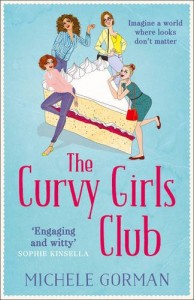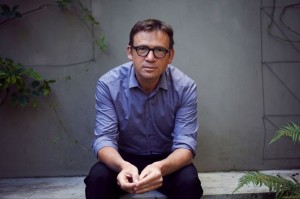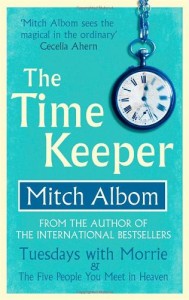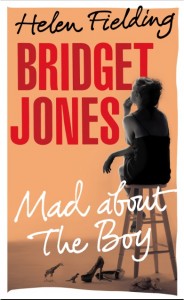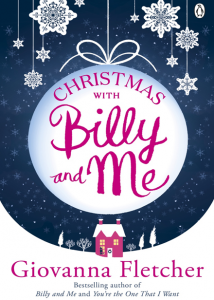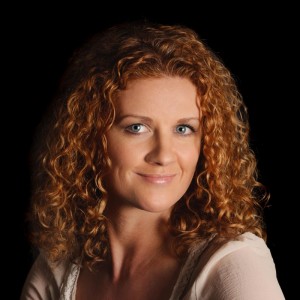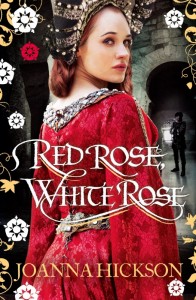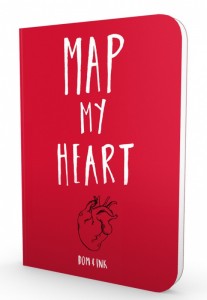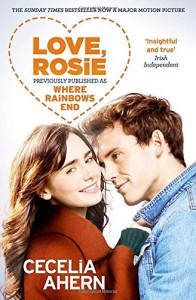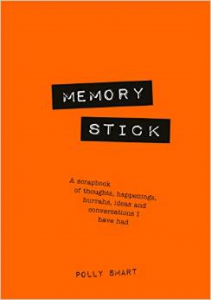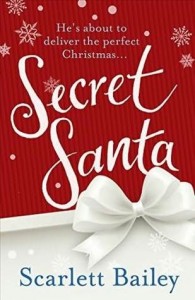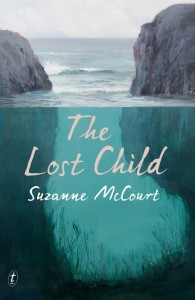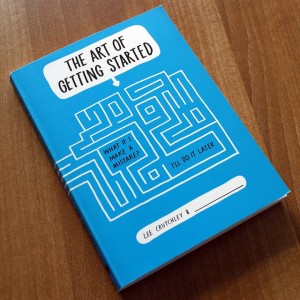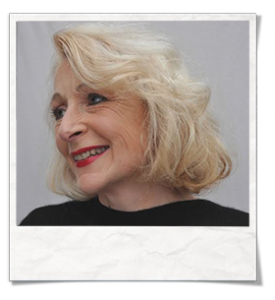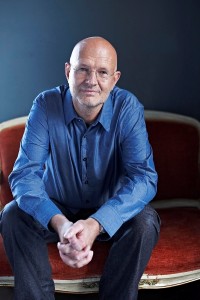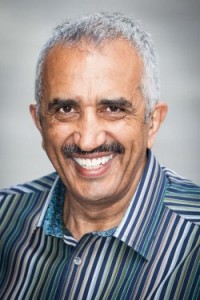 Hello David, thank you for joining us. Can you tell us about your novel, Brotherhood and how the idea originated?
Hello David, thank you for joining us. Can you tell us about your novel, Brotherhood and how the idea originated?
Brotherhood is a novel about how ordinary people cope when violent criminals invade their lives. Most people turn to the police, but seventeen year old Philip Mason is suspected of murder so cannot. Instead he turns to his family, in the shape of his estranged uncle Byron and Byron’s friend Adam Sterling.
Although the novel begins with a murder – Philip’s friend Mugisa, a charismatic ex-child soldier from Uganda, kills another of their friends – I have concentrated on the effect of the killing on Philip’s and the victim’s families and friends. We do see the police investigation, through the eyes of DCI Siobhan Fahey, but I didn’t want to write a police procedural.
Both Mugisa and the victim’s uncle, gangster Ritchie McLaughlin – an uncompromising character I based on some of the people I met whilst working ‘on the doors’ in Manchester – are after Philip. His attempts to escape from them, and avoid being arrested, result in a fast paced thriller. Interleaved with the action, I wanted to contrast the relationships of Byron with his biological brother, Philip’s dad Samuel, and with Adam, a ‘brother in arms’. I also examine the relationship of Ritchie and his brother Kieran.
I have always enjoyed reading crime fiction and wanted to write crime novels which built on my experiences as a firefighter. I’d written two manuscripts featuring firefighter Adam Sterling, before I wrote Brotherhood.
The idea behind Brotherhood was to look at how easy it is for people, especially young men, to become involved in something they didn’t intend to, and end up in more trouble than they can handle. While visiting family in Ethiopia, I played football with a group of street kids. I thought about their likely futures and how, for so many kids who grow up on this continent, their lives can easily take a tragic turn. I incorporated the two strands, and the contrasting lives of Mugisa and Philip became entangled, with disastrous results for both of them – although Mugisa’s life had been a bit of a disaster long before he met Philip.
Do you plan before a novel and do you edit as you go?
The way I write is evolving as I gain experience. At first I began with just the main characters, an inciting incident – the ‘what if?’ question – and an ending. I had a vague idea of the bit in between. This meant that some scenes I wanted to include fell by the wayside and I had to do a lot of rewriting. I now prepare a more detailed plot which I make sure I keep to. I still have to do a certain amount of editing and rewriting but try not to do too much whilst writing the first draft as it slows the flow of the story.
Continue reading →




 by
by 

